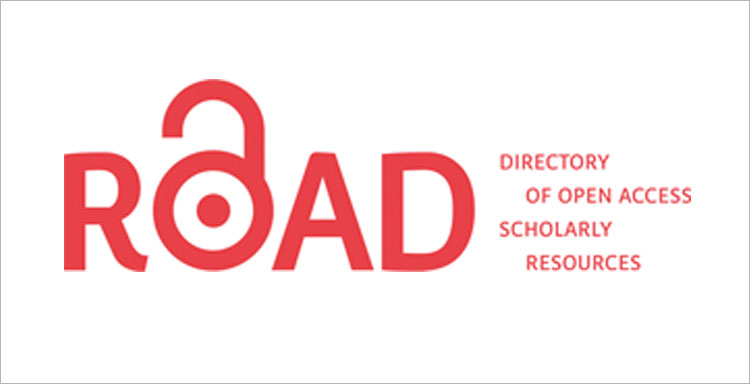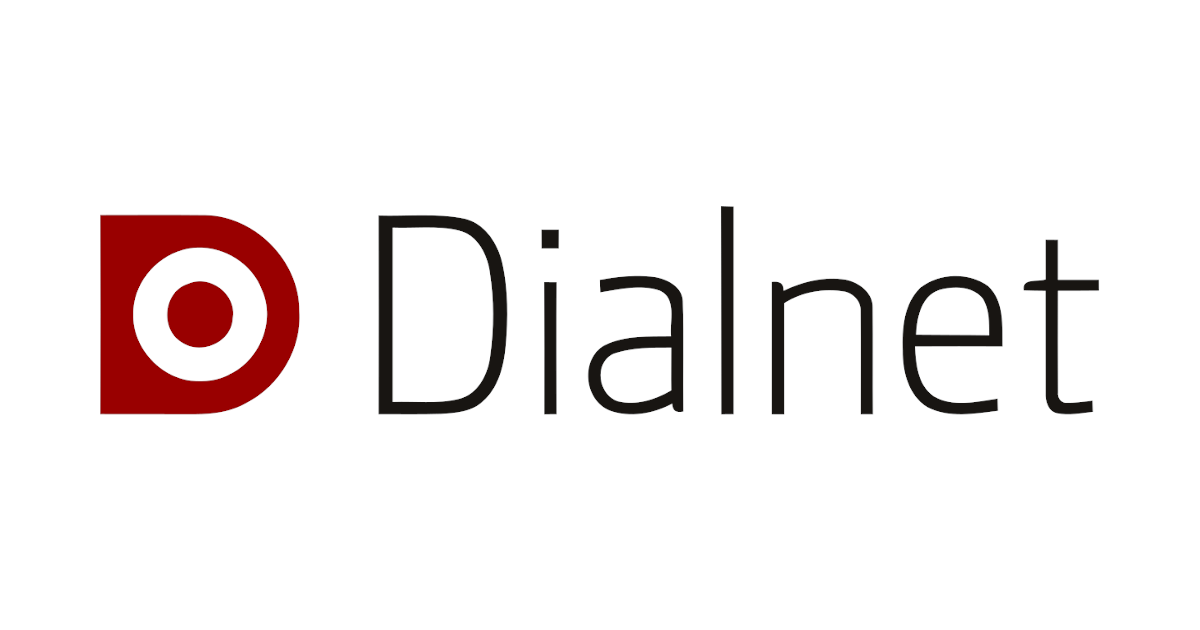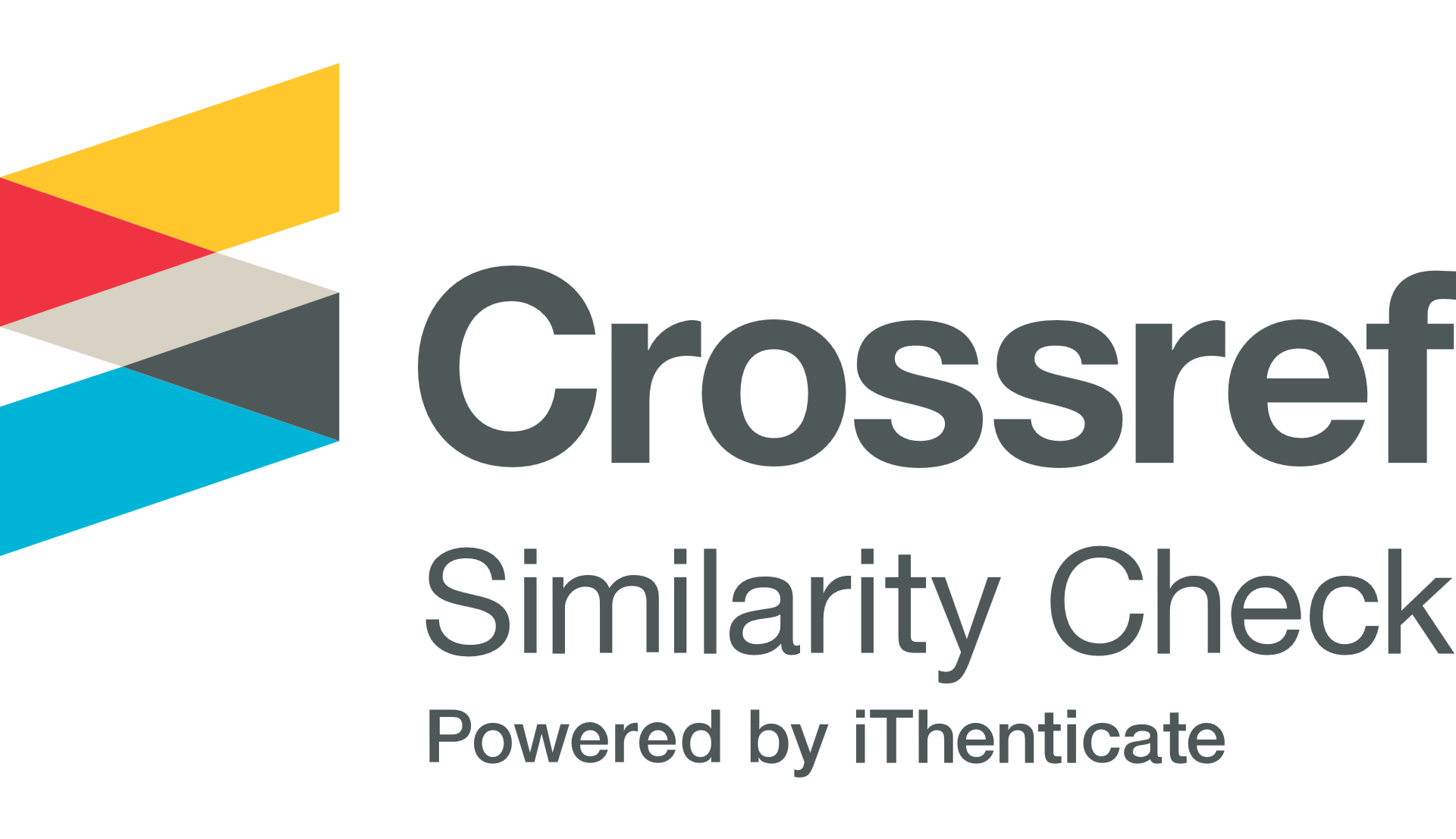TRANSPORTE TERRESTRE PÚBLICO Y SU INCIDENCIA EN LA DEMANDA TURÍSTICA DEL CANTÓN SUCRE – MANABÍ
Artículo de investigación
DOI:
https://doi.org/10.46296/yc.v4i7edespdic.0079Palabras clave:
Transporte público, Turismo, Demanda turística, Turista, ExcursionistaResumen
Los medios de transporte juegan un papel preponderante en el mercado turístico para tal efecto se realizó una investigación usando el método analítico descriptivo donde se abordó las definiciones del transporte terrestre y mercado turístico en general y específicamente del cantón Sucre, lo que permitió conocer el objeto de estudio y su movilidad en el espacio. Se desarrolló un diagnóstico de la oferta y demanda del transporte terrestre en la oferta se tomó como muestra los transportes: Moto taxis, cooperativas de taxi y cooperativa de transporte Tosagua; las dos primeras del servicio interno y la tercera de trasporte inter cantonal; el 40% viaja por trabajo y no son del cantón Sucre y les gustaría recibir información en las unidades de transporte, un 20% se dirige a las playas son extranjeros ,40% son habitantes del lugar. En la encuesta a los prestadores de servicio de transporte resultó que desconocen los recursos y atractivos turísticos del cantón Sucre un 25%, promocionan como ciudad de descanso 25 % y promocionan solo las playas el 50%. Se direccionó una entrevista dirigida a los representantes de las cooperativas de transporte en cuestión un 86 % están dispuestos a recibir orientaciones turísticas por parte de los organismos competentes y un 14% solo que sea una exigencia para laborar. Por medio de la observación se ratifica que no hay material publicitario de Turismo en las unidades de transporte. Se concluye que los actores del transporte terrestre deben aportar orientaciones claras y precisas al viajero, pues la calidad de información recibida por estos medios influye significativamente en la receptividad del turismo para el cantón Sucre.
Palabras claves: Transporte público, Turismo, Demanda turística, Turista, Excursionista.
Abstract
The means of transport play a preponderant role in the tourism market for this purpose, an investigation was carried out using the descriptive analytical method where the definitions of land transport and the tourist market in general and specifically of the Sucre canton were addressed, which allowed to know the object of study and its mobility in space. A diagnosis of the supply and demand of land transport was developed. The supply was taken as a sample of transports: Moto taxis, taxi cooperatives and Tosagua transport cooperative; the first two for internal service and the third for inter cantonal transportation; 40% travel for work and are not from the Sucre canton and would like to receive information in the transport units, 20% go to the beaches are foreigners, 40% are local inhabitants. In the survey of transport service providers, it was found that 25% are unaware of the resources and tourist attractions of the Sucre canton, 25% promote as a city of rest and 50% promote only the beaches. An interview was directed to the representatives of the transport cooperatives in question, 86% are willing to receive tourist guidance from the competent bodies and 14% only that it is a requirement to work. Through observation it is confirmed that there is no tourism advertising material in the transport units. It is concluded that land transport actors must provide clear and precise guidelines to the traveler, since the quality of information received by these means significantly influences the receptivity of tourism to the Sucre municipality.
Keywords: Public transport, tourism, Tourist demand, Tourist, Hiker.
Información del manuscrito:
Fecha de recepción: 05 de noviembre de 2020.
Fecha de aceptación: 14 de diciembre de 2020.
Fecha de publicación: 21 de diciembre de 2020.
Descargas
Citas
Castaño M; Valencia, A. (2016). El papel del transporte en el desarrollo de la actividad turística:un análisis biométrico. Revista Geográfica Venezolana, vol. 57, núm. 2, 2016, pag: 55-64 disponible: https://www.redalyc.org/articulo.oa?id=347750606007.
Currie, C. & Falconer, P. (2013). “Maintaining sustainable island destinations in Scotland: The role of the transport-tourism relationship”. Journal of Destination Marketing & Management, 3(3), 162-172.
Pérez, J; Gardey, A. (2012). Definiciones de Transporte. Publicacion mensual Adventure Works, disponible: https://definicion.de/transporte/.
Prieto, J. (2019). Investigación de Mercados; segunda edición . Suiza: ECOE Ediciones.
Viloria, N. (2012). Desarrollo Turístico y su relación con el transporte. Gestión Turistica Nº 17, 23-36: Disponible: http://www.unwto.org/facts/eng/barometer.





























